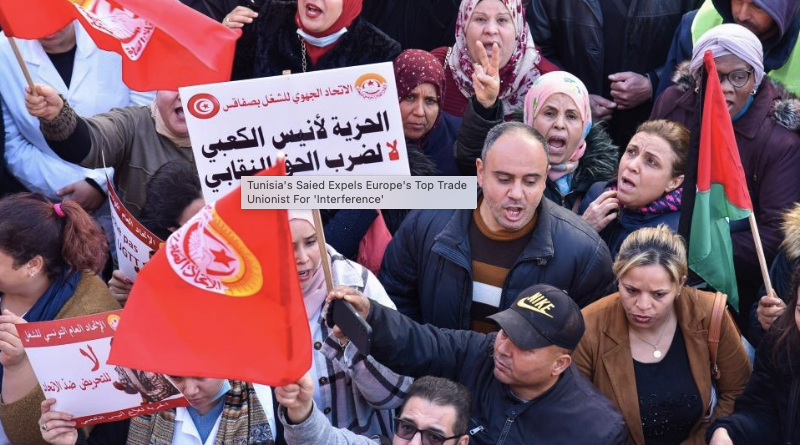Relatives of imprisoned activists gather at the International Criminal Court
Families of imprisoned Tunisian dissidents are urging the International Criminal Court (ICC) to investigate alleged political persecution and human rights violations amid a surge in arrests and hunger strikes among President Kais Saied’s opponents.
Relatives of jailed lawyers, politicians, and activists, including Yusra Ghannouchi, the daughter of imprisoned opposition leader Rached Ghannouchi, are set to gather in The Hague on Thursday to announce their intent to seek action at the ICC. Earlier this year, they had presented a similar case to the African Court on Human and Peoples’ Rights.
In a recent statement, they highlighted the growing number of arrests of judges, politicians, journalists, and prominent opposition figures, as well as alleged persecution against Black migrants in Tunisia. They cited a significant increase in repression and human rights violations by Tunisian authorities, which they attribute to President Kais Saied.
This move sheds light on Tunisia’s increasingly repressive political environment since the 2021 constitutional revisions that granted Saied expanded powers and allowed him to rule largely by decree, sidelining the parliament. As economic challenges persist, Saied’s administration has detained numerous critics and fostered hostility toward Black migrants, sometimes resulting in violence.
The group, which includes family members of other imprisoned critics like Kaouther Ferjani, Jaza Cherif, and Elyes Chaouachi, plans to submit an Article 15 document to the ICC, outlining their claims related to crimes such as genocide, crimes against humanity, war crimes, or crimes of aggression. While such submissions offer a vital channel to the ICC, they often do not progress to full-scale investigations.
The families’ visit to the ICC coincides with hunger strikes by some of the detainees and the recent detention of Abir Moussi, a prominent Saied opponent. In response, legal teams for several detainees have criticized the legal processes, describing them as a “judicial sham.”



